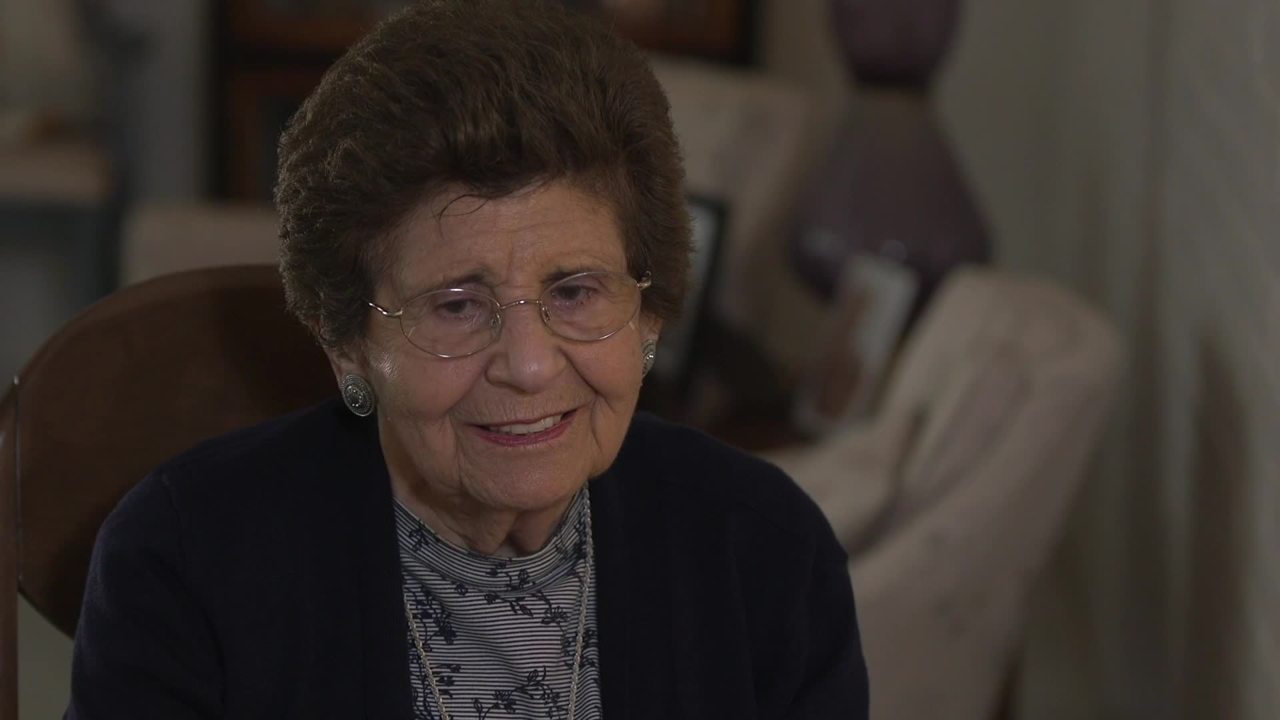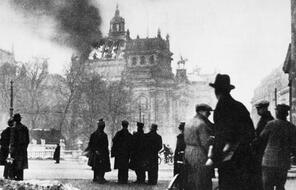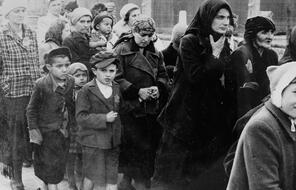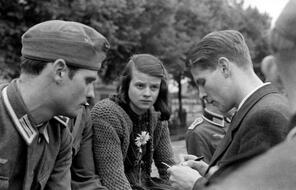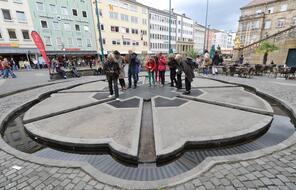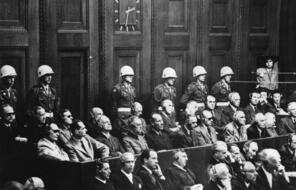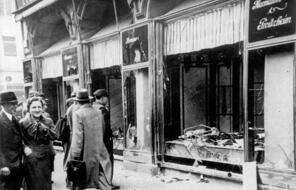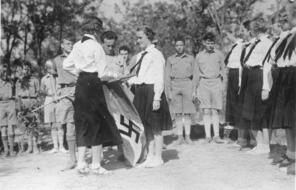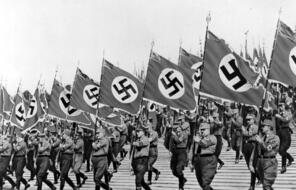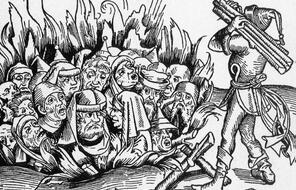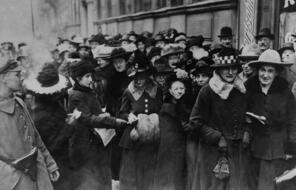Oskar Schindler was an upstander. His workers were not what the German called "worse human beings, worse than the rats and cockroaches." To Oskar Schindler, we were people.
While we were sent to a ghetto, there were people that worked for Oskar Schindler, and those people went to work every day and came back at night and told other people what a good man he was. Because in the beginning, it was very hard to accept the fact that there was this tall, handsome Nazi with a diamond swastika on his lapel, that this was somebody that was going to be good. Especially somebody who became very friendly with Amon Göth, who became in charge of Płaszów concentration camp.
My mother heard that Oskar Schindler was hiring more women, especially. I remember we walked to the factory from Płaszów. I remember there he was, waiting for us with a smile, and not only with a smile, but with soup.
See, we were never hungry working for Oskar Schindler and we were not starving. He was using his own money to buy food.
He talked to people. He made sure that we had small barracks and we actually had bunk beds. We actually had like-- I remember we had an egg like maybe once a month. And I remember how we were beating up the egg, and putting in a little sugar in. We even had [INAUDIBLE]. And I remembered it was like, the best, the most wonderful thing.
Or we had bread. That actually sometimes we had margarine. And the soup always had some meat in it and vegetables. It was not like the soup in Płaszów. That was water with potato peels. So in Płaszów, people were starving.
Now, I don't remember being starving. I remember being hungry-- but I didn't because of my father's extended family. One of my aunt worked in a kitchen. And I remember that I was going to the kitchen and she would give me food.
What Oskar Schindler wanted when he opened the factory and his-- was to become rich. That was his ambition. He wanted to have enough money to buy expensive clothes, expensive cars, expensive horses. Before all that, he was selling farm equipment.
So he traveled to Kraków quite a lot. He traveled all over and-- but he wasn't making much money. And he didn't have a very happy marriage. He married somebody very much unlike him. Mrs. Schindler was a very quiet woman, very religious, and she certainly didn't appreciate his kind of life.
But she cared for people, and Oskar Schindler cared for people. When he realized what was happening, then he was changed. He did not want to be part of it.
He knew that his workers were making him rich. He depended on his workers and to him, the more Jewish people he employed, the more money he was making because he only paid like fifty cents for a Jewish worker, but for a Polish worker, he would have to pay a dollar. I mean not a dollar, a złoty.
And, of course, Oskar Schindler had orders for the guards not to come into the camp and not to come into the factory. All they did was picking us up at the edge of the camp and walk behind us as we walked a few steps, practically, to the factory.
And then every morning when he came, he always patted my head, he said wie gehts, you know, little one. And to us, of course, we worshipped him.
In Oskar Schindler's factory, in Oskar Schindler's camp, there were only two people that died, and they died by being taken care of in a hospital bed in the basement of the factory, taken care of by Mrs. Schindler.
And they were being-- the Schindlers arranged that those people, one was an older woman and one was a young girl who had cancer. And they arranged for them to be buried in a casket, what didn't happen to millions of others, in places they were able to come after the war and move them to a Jewish cemetery in Prague.
Oskar Schindler is an example that one person can make a difference. That there is always something you can do. Because everybody said that there was nothing I could do. Yes, there is always something you can do.
